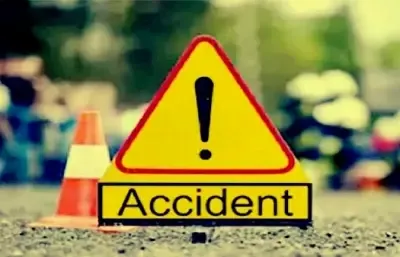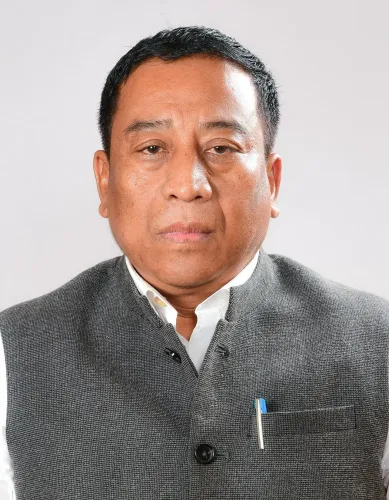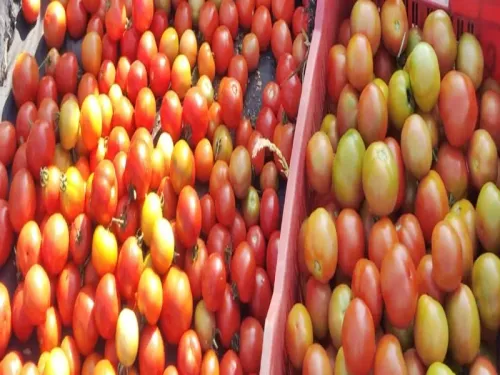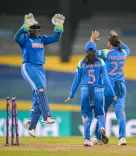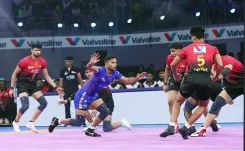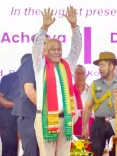Is Flag Hoisting at Mosques Now Mandatory in Chhattisgarh?
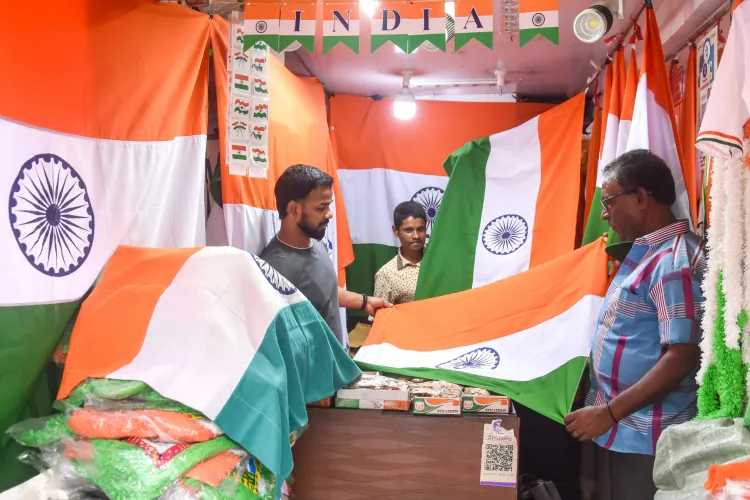
Synopsis
Key Takeaways
- Mandatory flag hoisting at mosques, madrasas, and dargahs on Independence Day.
- The initiative aims to promote communal harmony and patriotism.
- Photos and videos of the flag-hoisting must be submitted by mosque committees.
- Political controversy surrounds the directive, with differing opinions.
- The move arrives just before the 79th Independence Day.
Raipur, Aug 12 (NationPress) In a groundbreaking directive, the Chhattisgarh State Waqf Board has mandated the hoisting of the national flag at the principal entrances of all mosques, madrasas, and dargahs throughout the state on Independence Day. The circular, released on Monday by Waqf Board Chairman Dr. Salim Raj, instructs mutawallis (caretakers of Waqf properties) to ensure that the Tricolour is unfurled in the company of imams and mosque committee members on August 15.
The Board’s correspondence highlights that the national flag is “a symbol of honour and pride” and is not associated with any specific religion.
“Independence Day is a national festival, not a religious observance,” he further noted, adding that the directive was issued following some objections regarding flag hoisting at religious locations.
“Due to the actions of a few fundamentalists, the entire Muslim community is viewed with suspicion. This initiative aims to alter that narrative,” he explained.
To guarantee adherence, the Waqf Board has mandated mosque committees to send photographs or video recordings of the flag-hoisting events through a dedicated online portal or WhatsApp group within thirty minutes of the ceremony.
This initiative is designed to promote patriotism and communal harmony, especially in the wake of recent events that have negatively impacted the public perception of the Muslim community.
Nonetheless, the directive has ignited political controversy. Deepak Baij, president of the Chhattisgarh Pradesh Congress Committee, criticized the initiative, claiming that the BJP is exploiting the flag-hoisting issue for political gain.
“The BJP is attempting to polarize sentiments by transforming a routine patriotic act into a spectacle. The Muslim community has always commemorated Independence Day with pride. There was no need for such a directive unless the goal was to create division and garner media attention,” Baij stated.
While numerous Muslim scholars have embraced the initiative as a reaffirmation of national unity, others have questioned the necessity of formalizing a practice that is already widely observed.
This directive arrives just ahead of the 79th Independence Day and is perceived as both a symbolic and strategic gesture in a politically sensitive environment.

